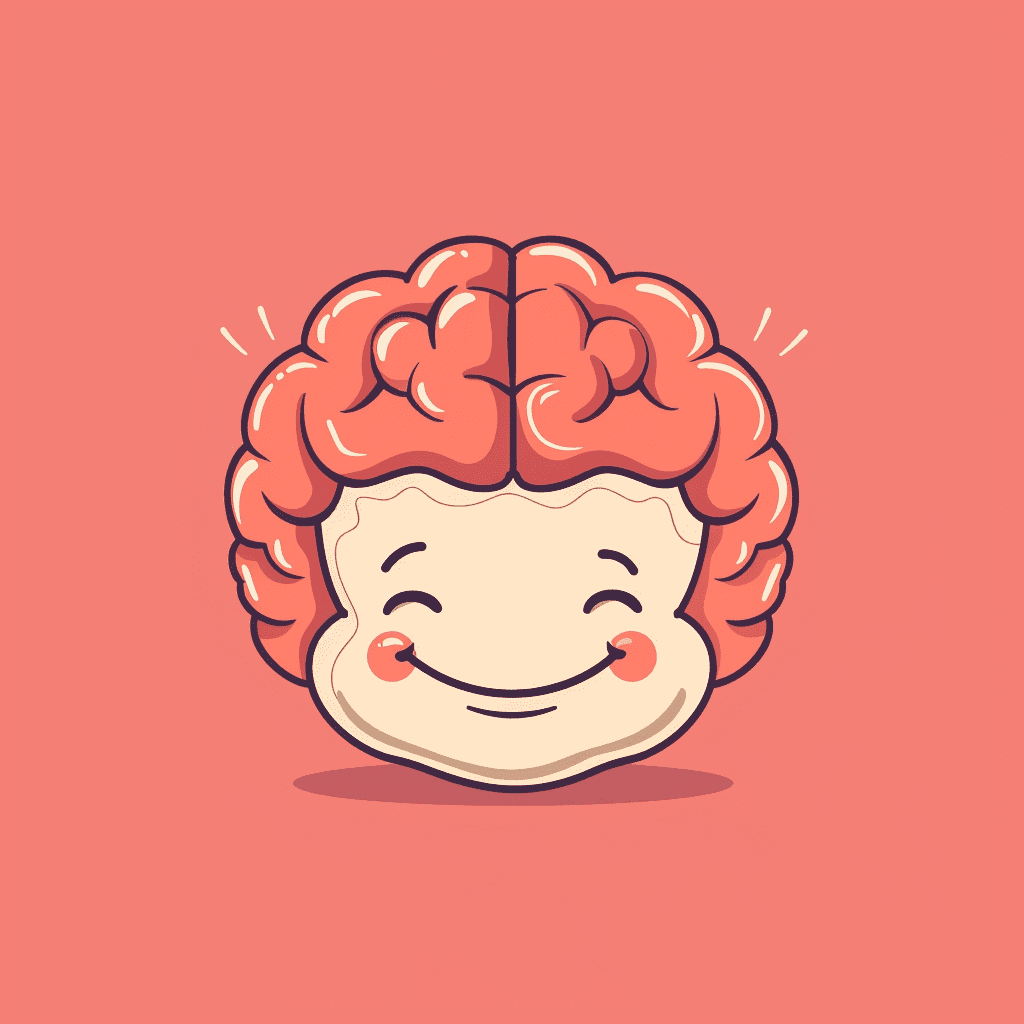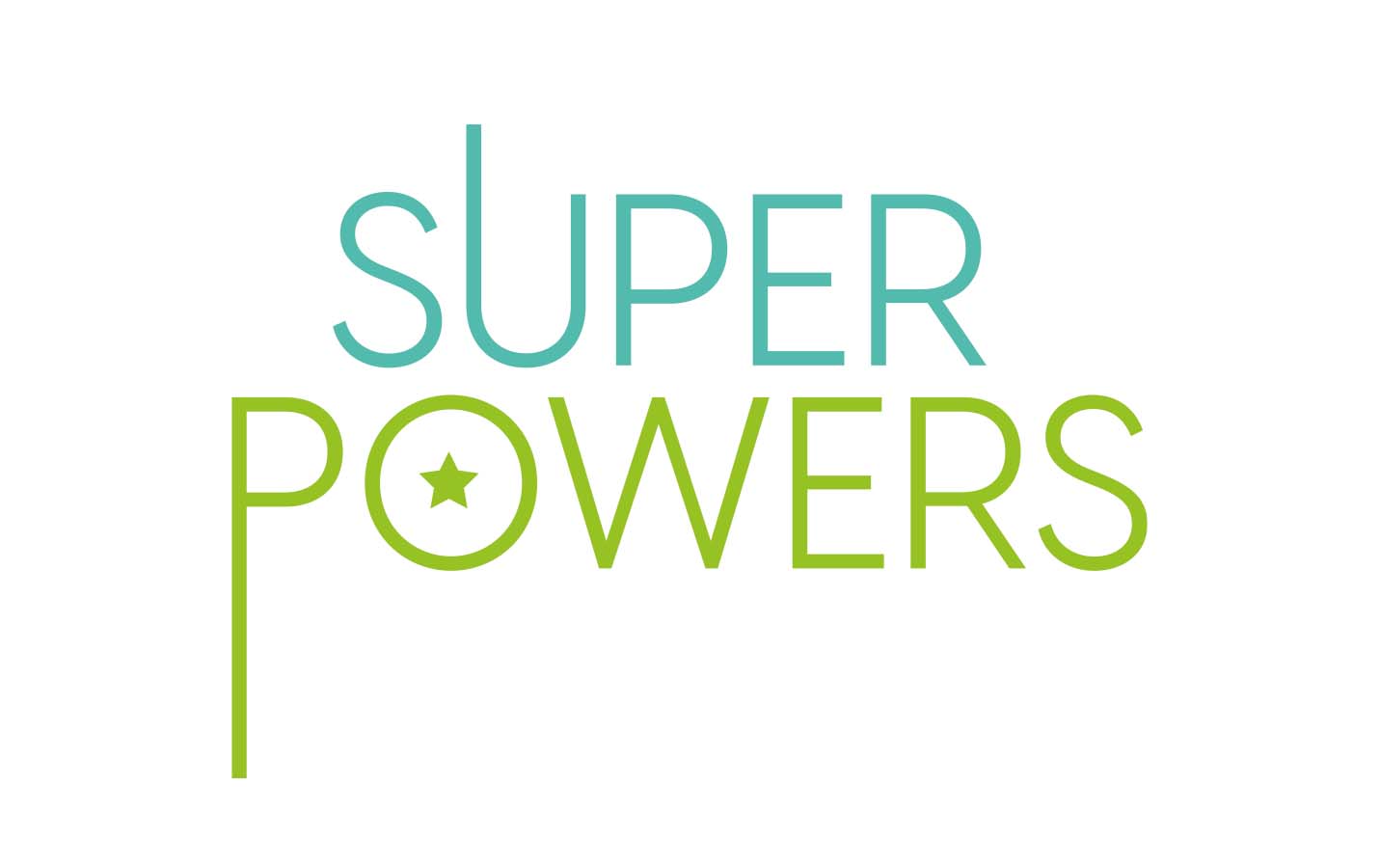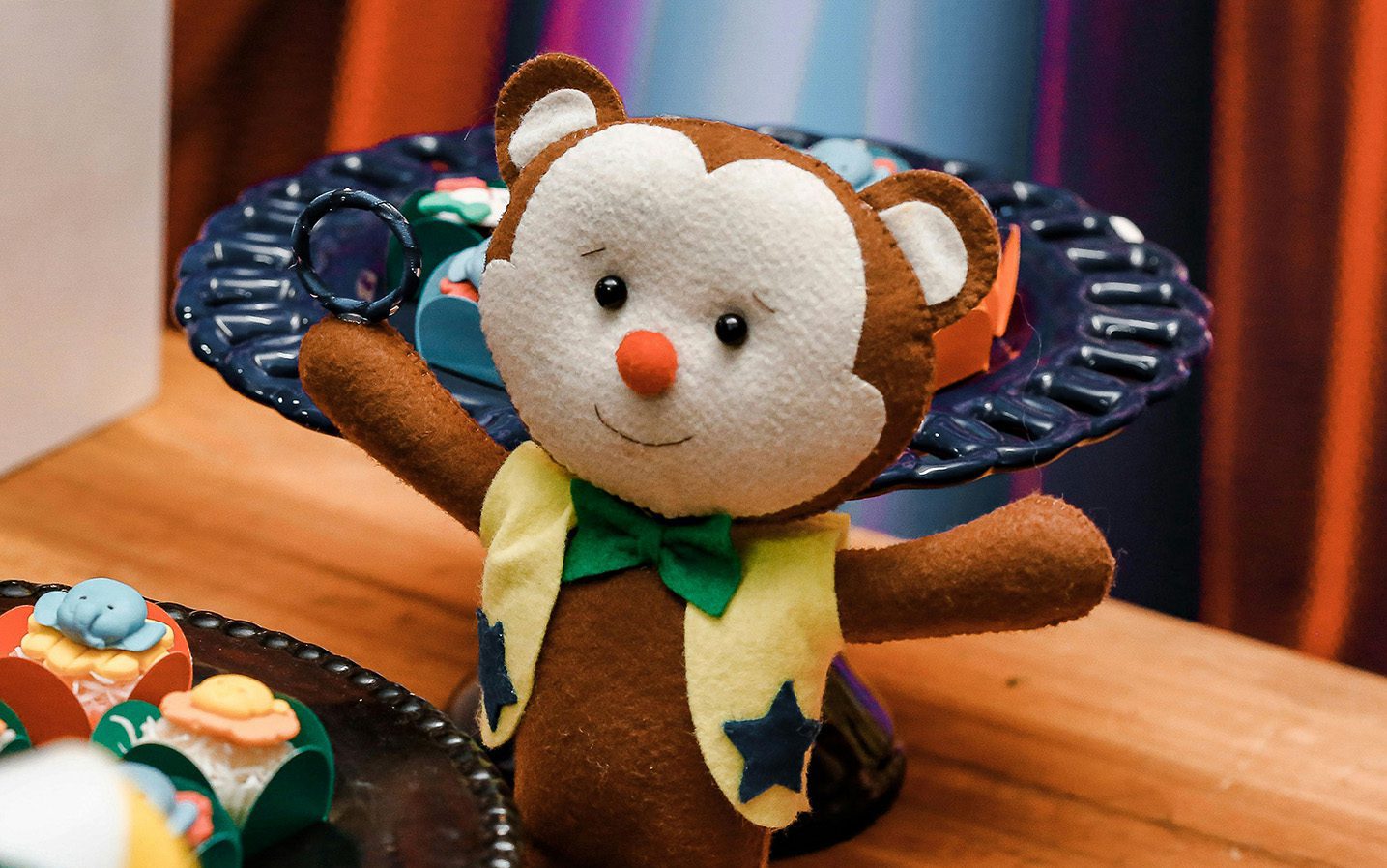The prefrontal cortex plays a key role in processes like attention control, working memory, problem-solving, and decision-making. Needless to say, these are essential processes involved in learning. This region of the brain is more active during empathic and positive social interactions. Therefore, we can establish that if the relationship between students and their teacher is positive, the brain is in a better condition for learning to happen.
It is also relevant mentioning the hormone oxytocin. Oxytocin is released during positive social interactions, promoting feelings of trust and attachment. The presence of this hormone where there is a positive bond between students and teachers is a fact. Oxytocin promotes social learning and social memory, which involves learning from observation and interacting with others. In this context, teachers serve as role models for students, who are likely to learn from our behaviors. Additionally, oxytocin enhances different types of memory, especially social memory.
Adding to what has been addressed before, we need to mention that high levels of stress and anxiety impair cognitive functions such as memory and attention. Oxytocin helps reduce the effects of these natural human responses, creating a more appropriate state of mind for learning. Last but not least, oxytocin also plays a role in neuroplasticity, aiding learning through new neural connections which is crucial for supporting lifelong learning and cognitive flexibility.
When we experience pleasurable interactions with others, the brain releases dopamine. Dopamine plays an important role in learning through different processes. Rewards and praise boost dopamine, which reinforces positive behaviors and can be used to generate patterns and attitudes that enhance learning. It also has a significant impact on motivation. Needless to say, motivated students will put more effort into their work and subjects, leading to more effective learning.
Dopamine plays a crucial role in attention and cognitive flexibility. It helps the brain prioritize information and filter distractions, facilitating better understanding and retention of information. Additionally, dopamine is involved in synaptic plasticity, the process by which the strength of connections between neurons changes. This enhances the brain’s ability to store new information and form lasting memories.
On a final note, I’d like to point out the role serotonin and endorphins play in learning. When we do things together or share meaningful moments, our brains release these neurotransmitters. Endorphins make us feel pleasure and reward. When learning is tied to positive feelings and rewards, like solving a problem or mastering a new skill, endorphins get released. This makes learning more enjoyable and keeps us motivated to keep going. They also help reduce stress, which, as we mentioned before, leads to a better learning state of mind.
When it comes to serotonin, it helps regulate mood, creating better scenarios and preparing the person for learning. Additionally, like oxytocin, it’s involved in the neuroplasticity of our brains. As mentioned earlier, this is crucial for learning because it promotes the formation of new neuron connections.





